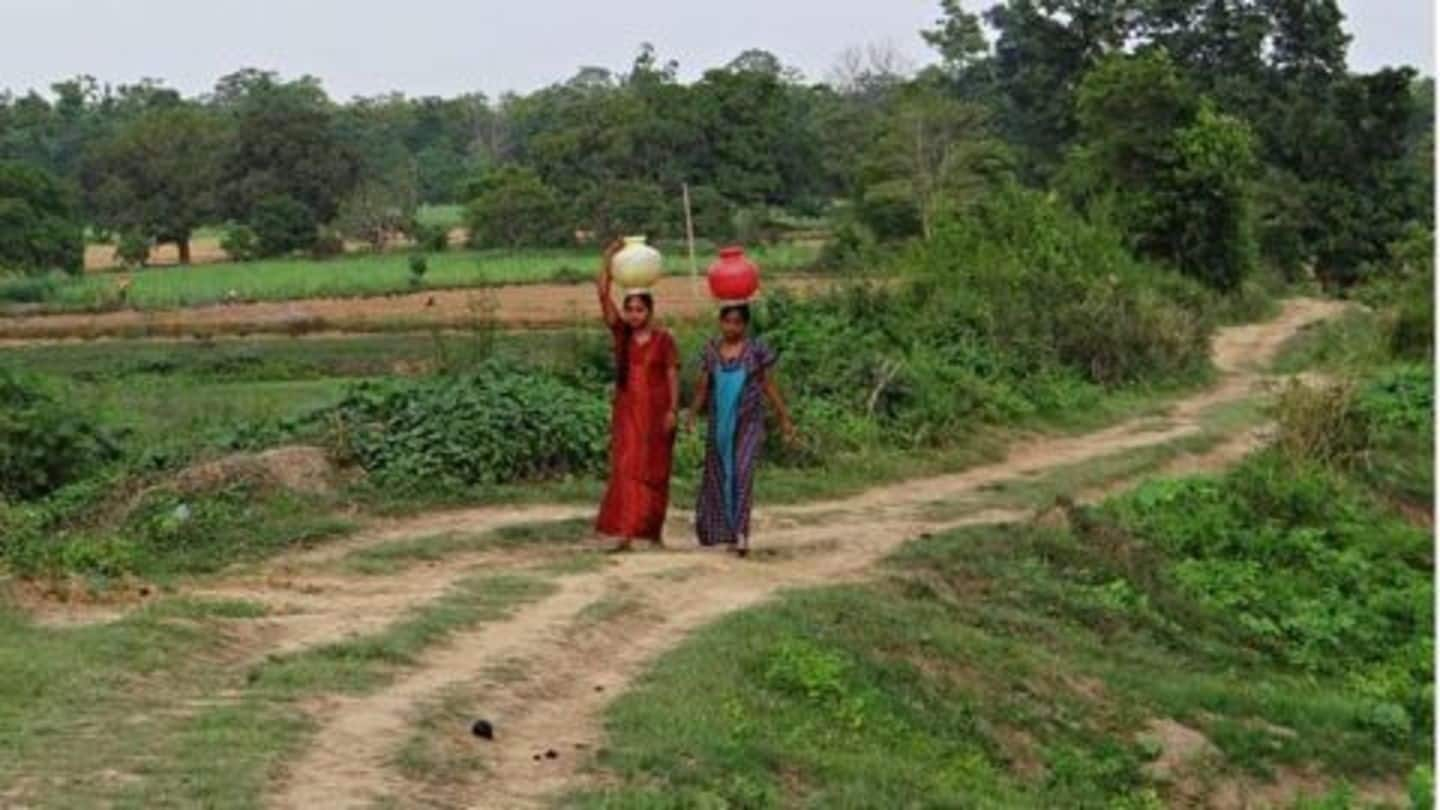
Villages in rural India have come to a standstill
What's the story
Rural India that majorly relies on cash transactions has to a great extent come to a standstill after the government's announcement of demonetization on November 8. Villages in northern Rajasthan have seen a lot of activities subside as most time is being spent on exchanging notes and discomfort amongst villagers is growing. Local trade, farming and other related activities are slowly stalling.
Overview
Demonetization and Indian villages
Out of nearly 600,000 villages in India, reportedly only 49,000 villages have bank branches: nearly 70 percent of India lives in rural areas. According to RBI statistics, as of July 2016, out of the total number of 2,01,867 ATMs, an estimated 70% of ATMs are located in urban areas. Bank branches in villages have a small staff and often cater to several villages.
Information
Sparsely located bank branches
Velhe Block in Pune district has 138 villages. Its total population is around 56,000. There are only 4 bank branches to cater to needs of 56,000 customers.
About
Trickle of cash
Local bank branches in rural villages have become the focal point for village residents. Fields that are usually filled with farm hands during the ongoing sowing season are currently empty. Dozens line up at local bank which shuts down soon after opening. Many complain they've been lining up for days and have yet to receive any money as it runs out quickly.
Why
Farming and local trade has halted
Given that November is the start of the sowing season for rabi crops, farmers employ hundreds to sow seeds. With the cash crunch, labour can't be hired and farmers are looking at a bleak season if currency notes are not replaced soon. Local milk producers have taken a hit as there are no buyers; local livestock market has halted impacting suppliers, transporters and buyers.
Information
Agricultural markets shutting down
According to regional publications, farmers in Lasalgaon in Nashik district, have closed down onion markets due to the cash crunch. In Vidarbha and Marathwada areas, cotton prices have reportedly dropped by 40 per cent per quintal.
Reasons
Anxiety rising among village dwellers
Diverting cash towards villages has taken longer to reach than cities and has created massive uncertainty. Those with impending weddings in the family are most anxious and bring entire families to bank branches to withdraw small sums of money. Many have run out of groceries and claim their kitchens are empty; without currency they are unable to buy basics like flour, sugar and vegetables.
Quote
The mood is turning dark
At a tea-shop in Kirdola village in northern Rajasthan, a villager refers to the cash crunch and ominously says, "This had better end soon. Otherwise the mild protest you can see is going to turn violent."